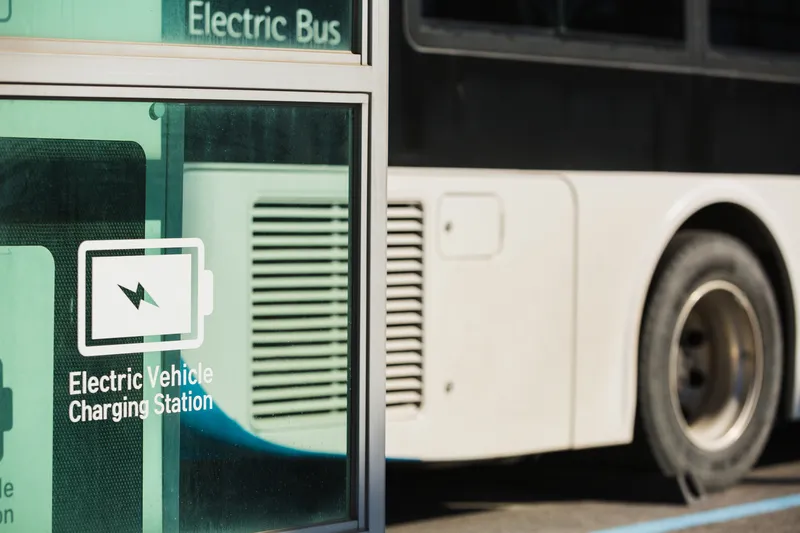The ElectriCity 55 electric bus route in Gothenburg, Sweden has been awarded the European Solar Prize 2015 in the Transport and Mobility category as the best example of sustainable public transport operated using renewable energy. The prize, awarded by the European Association for Renewable Energy, Eurosolar, is awarded to European sustainability projects in a number of different areas.
ElectriCity is a collaboration between the
“We need to make the transition in the transport sector if we are going to succeed in creating an environmentally sustainable society. Having a sustainable public transport system is a key component in this. The ElectriCity project and the 55 electric bus route are an excellent example of cooperation among the commercial, academic and political worlds. It is extremely gratifying that this is being highlighted on a European stage,” says Lotta Brändström, managing director of Göteborg Energi.
“It is important for the city of Gothenburg to contribute to sustainable development and to be involved in and produce services which improve and simplify the lives of our citizens. The quiet, exhaust-free electric buses offer new opportunities and improved services for the city and our passengers, such as stops indoors and an on-board Wi-Fi facility. The ElectriCity project gives Volvo the opportunity to try out new technology in practice and Gothenburg the chance to be involved in and devise future solutions for the benefit of society,” says Elif Koman André, sustainability manager at Göteborgs Stadshus.
Gothenburg’s new electric bus route wins European sustainability prize
The ElectriCity 55 electric bus route in Gothenburg, Sweden has been awarded the European Solar Prize 2015 in the Transport and Mobility category as the best example of sustainable public transport operated using renewable energy. The prize, awarded by the European Association for Renewable Energy, Eurosolar, is awarded to European sustainability projects in a number of different areas.
November 25, 2015
Read time: 2 mins
Related Content












